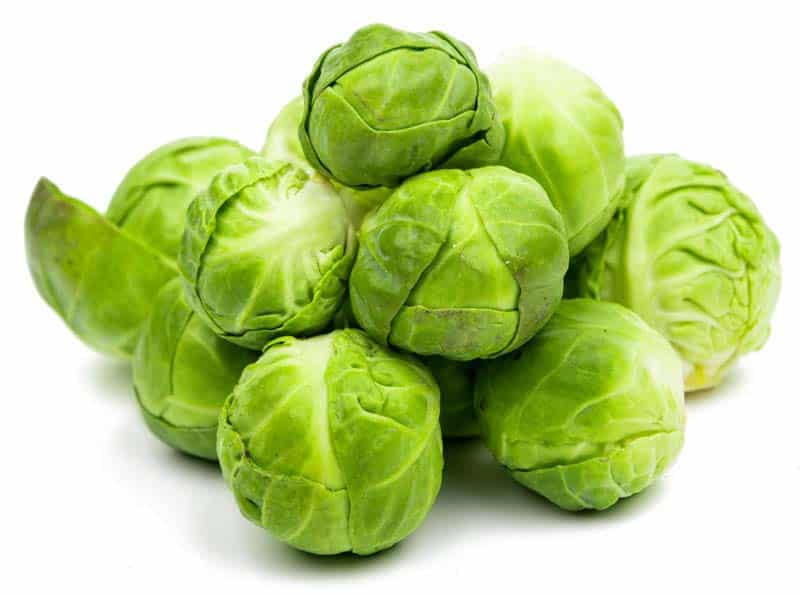By Federico Bernuzzi and Maria Traka
For many people, Christmas dinner is not complete without a side helping of brussels sprouts. Indeed, they are Britain’s favourite Christmas dinner vegetable. But if you’re not a convert, perhaps these health benefits will convince you to give them a second chance.
Sprouts belong to the wholesome family of cruciferous or brassica vegetables, including cabbage, kale and broccoli. As with all brassica, brussels sprouts are packed with fibre, which is good for keeping the beneficial bacteria in your gut happy.
They also provide essential minerals, such as potassium and calcium, to keep your muscle and bones healthy. They are rich in vitamins K and C, supporting a healthy immune system and bones.
Pound for pound, you’ll get more vitamin C from them when eaten raw than from oranges. Cooked brussels sprouts still contain vitamin C, though – about the same pound for pound as you’d get from raw oranges.
Most importantly, brussels sprouts are rich in a wide range of natural chemicals, such as carotenoids and polyphenols, that have been linked to good health. They are particularly abundant in sulphur-containing compounds called glucosinolates.
Think back to when you last cooked brussels sprouts, cabbage or cauliflower. Have you stopped and wondered what that pungent smell is? That is the sulphur compounds in the sprouts being broken down. They are also what gives brussels sprouts that characteristic bitter taste.
Several scientific studies have shown that these sulphurous compounds are potent antioxidants that can promote health by preventing cell damage.
Several studies have also shown that consuming more of these glucosinolates from cruciferous vegetables is associated with a reduced risk of developing a wide range of cancers. Research continues collecting more evidence of their benefits, but the best advice to keep in mind is to try to consume roughly five portions of brassica vegetables weekly and to vary the options.
For convenience, brussels sprouts are often boiled. But if you boil them for too long, not only will they lose their nutritional value, but it will also give sprouts an unpleasant smell and taste.
So what are the other options?
You could simply fry sprouts in a pan with some olive oil or butter and a smidgen of garlic and herbs. An alternative would be to steam them or microwave them. But make sure they keep their crunch.
Or why not try being adventurous and trying something new by having them raw, cut into small pieces, and adding sprouts to a salad?







Click here to change your cookie preferences